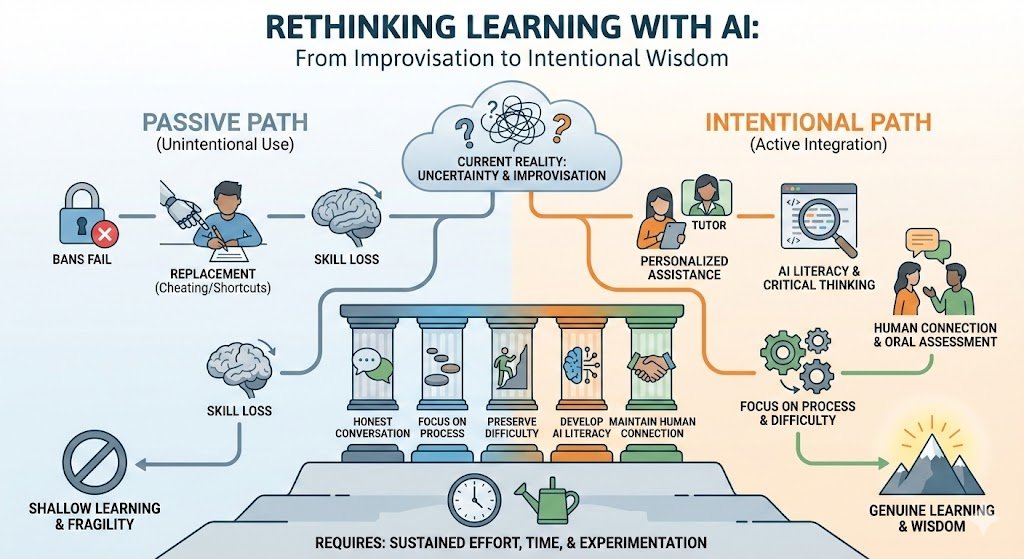Why Education Systems Are Rethinking Learning in 2026
Education in 2026 looks very different from a decade ago. Traditional classroom models are being reexamined as educators respond to technological change, workforce demands, and student well-being. The focus has shifted from memorization to meaningful learning. Schools and universities are emphasizing critical thinking, communication, and adaptability. Students are encouraged to ask questions, collaborate, and solve … Read more









